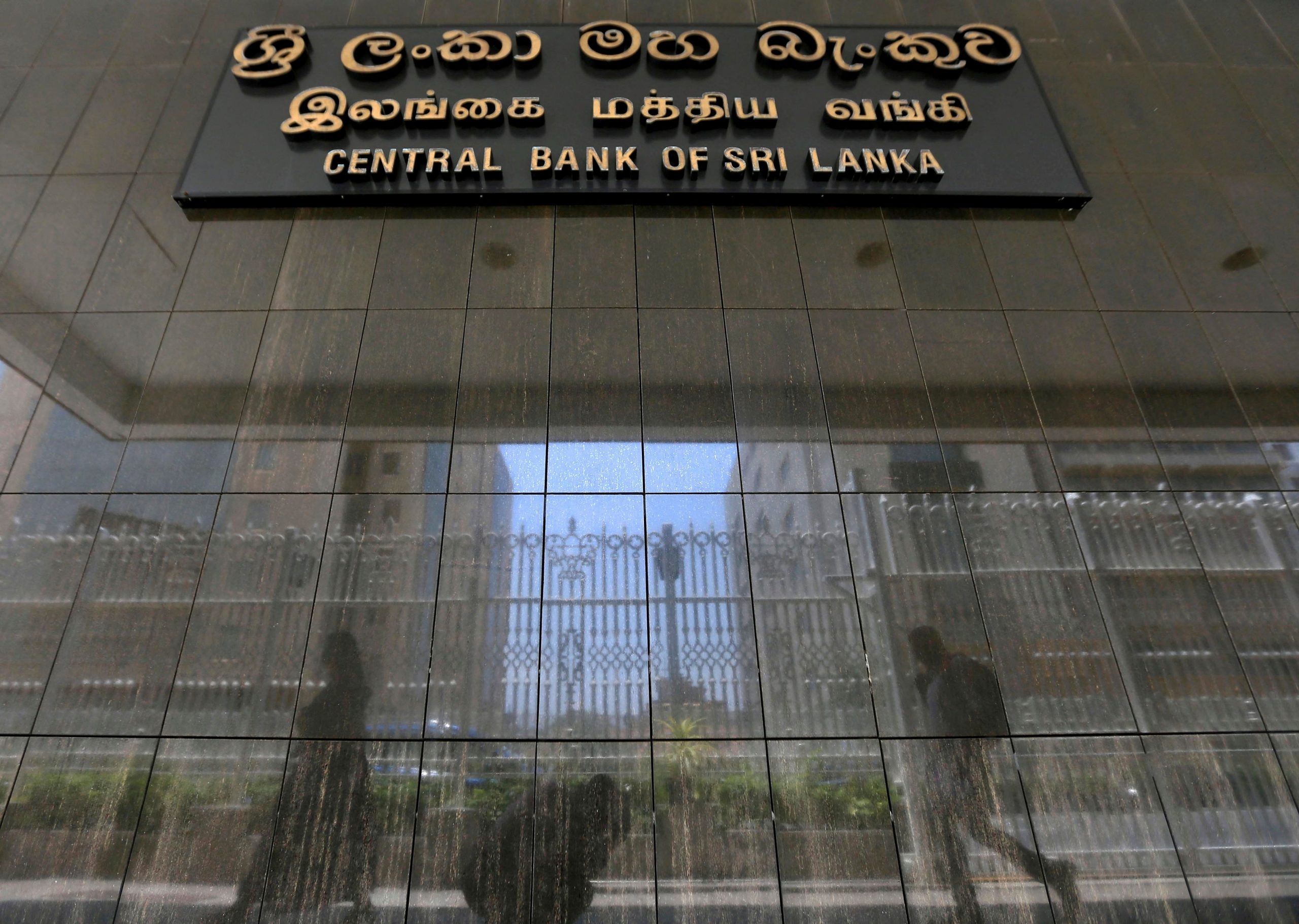In the world of politics, it is not rare to encounter narratives hastily constructed, many times neglecting the intricate tapestry of economic nuances. This tendency, however, has recently come under scrutiny as the long bond yield has once again surged, reaching the same pinnacles as those observed last October. This rise, earlier ascribed to the mini-budget crafted by Liz Truss and Kwasi Kwarteng, is being revisited, stimulating conversations about the validity of the accusations levied against the Truss administration.
Serving as Chancellor of the Exchequer, Liz Truss made a significant announcement last October. A comprehensive energy package was unveiled, intended to provide a cushion for consumers and businesses against soaring energy prices, thus averting an additional spike in inflation. The package was announced merely weeks before the mini-budget, but its unveiling didn’t trigger any significant market turbulence.
Fuelled by the trajectories of wholesale gas future prices, Truss maintained that energy prices were poised to descend, a conviction that assuaged her concerns about the financial burden on the nation. Contrarily, the Office for Budget Responsibility (OBR) forecasted on the premise that energy support would become a long-term commitment, jeopardising the nation’s finances.
As time elapsed, it has become increasingly apparent that Truss’s strategy hit the mark. Energy prices have been tumbling at a steady pace, suggesting that the gloomy picture painted by the OBR’s forecasts was perhaps overly pessimistic.

In an interesting turn of events, it was not the hefty energy package but rather the smaller fiscal adjustments that sparked controversy. Truss and Kwarteng rolled back some of Rishi Sunak’s tax hikes, including the rise in corporation tax and the abolishment of the VAT exemption for foreign visitors. These moves, viewed by critics as reckless, were believed by Truss to result in a net positive yield for the Treasury.
The projections from the OBR and International Monetary Fund (IMF), however, erred on the side of caution, perhaps excessively so. They overstated the perceived ‘black hole’ in the UK’s finances and contended that any departure from Sunak’s tax hikes could unravel the economy. Yet, a mere six months later, both institutions are revising their forecasts in line with Truss’s optimistic economic outlook.
It is important to note that these promising predictions cannot be attributed to Sunak’s corporate tax hikes, which haven’t had sufficient time to leave a meaningful imprint on Treasury receipts. If anything, these tax increases appear to have deterred investment, as signalled by the responses of corporations like AstraZeneca and others, both locally and abroad.
Truss’s fiscal strategy seems to have withstood the test of time. Her approach is vindicated, her assessments are accurate, while the predictions from the OBR and IMF were somewhat awry.
The recent uptick in long bond yield, it now appears, is the result of another factor entirely: the rolling collateral calls linked to over-leveraged, poorly regulated liability-driven investments (LDIs) in pension funds. The initial minor spike in the bond market had even predates the mini-budget, triggered by the Bank of England’s startling announcement to offload £80bn of gilts into the market as part of their ‘quantitative tightening’ policy.
So, those who attributed the rise in yields to the mini-budget with unerring certainty are now faced with a puzzling question: what is driving these persistently high yields, half a year later?
The narrative surrounding Truss’s mini-budget serves as a stark reminder of the perils of oversimplifying economic developments. The time is ripe to acknowledge the potential damage caused by hastily attributing market fluctuations to political maneuvers. As we introspect on the economic trajectory of the past six months, it is vital to recognize the areas where the narrative strayed from the path of reality and give credit where it’s due. And it seems Liz Truss, against popular perception, indeed got it right.
©traders-news.online










